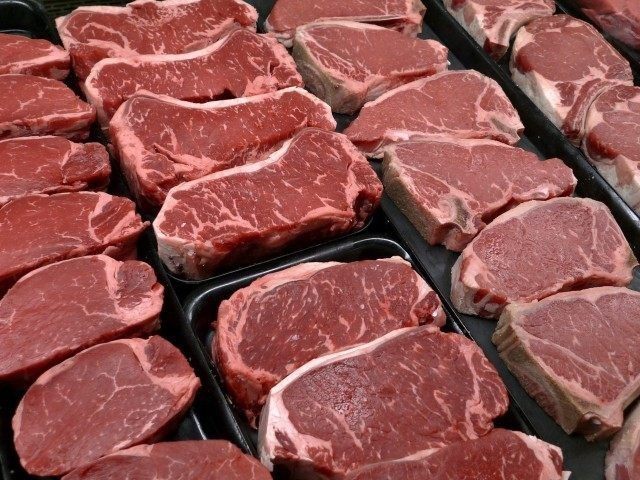Scientists have rounded on the World Health Organisation (WHO) for claiming that sausages, bacon and ham could pose as big a cancer risk as cigarettes.
Breitbart London reported yesterday how the WHO is due to add red and processed meats to its ‘encyclopaedia of carcinogens’, possibly leading to new government legislation demanding warning labels on packs of meat.
However, a number of scientists have expressed their concerns about the new classification, telling The Telegraph about their scepticism.
Dr Ian Johnson, Emeritus Fellow of the Institute of Food Research, said:
“Although there is epidemiological evidence for a statistically significant association between processed meat consumption and bowel cancer, it is important to emphasise that the size of the effect is relatively small, and the mechanism is poorly defined.
“It is certainly very inappropriate to suggest that any adverse effect of bacon and sausages on the risk of bowel cancer is comparable to the dangers of tobacco smoke, which is loaded with known chemical carcinogens and increases the risk of lung cancer in cigarette smokers by around 20 fold.”
Professor Richard Knox, formerly of the Institute of Cancer Research, echoed Dr Johnson’s comments, saying “most cancer deaths will not be due to bowel cancer and even fewer linked to meat consumption.”
Professor Robert Prickard, Emeritus Professor of Neurobiology at Cardiff University, said:
“Avoiding red meat in the diet is not a protective strategy against cancer. The top priorities for cancer prevention remain smoking cessation, maintenance of normal body weight and avoidance of high alcohol intakes.
He added that a study of 60,000 Britons last year found equivalent levels of bowel cancer in meat eaters and vegetarians.
“Choosing a meat-free diet is a lifestyle choice – it is not vital for health. For the majority of people who currently eat the recommended dietary levels of red meat, which is 70g per day and wish to continue doing so, moderate amounts of red meat can be enjoyed within a healthy balanced diet.”
Dr Elizabeth Lund, an independent consultant in nutritional and gastrointestinal health and former researcher said:
“This is not a surprising outcome but needs to be put in perspective. Very few people in Europe eat sufficient meat to fall into the high meat consumption category.
“It will be interesting to see what the report says about how much is safe. Meat is such a good source of iron and zinc and many women are short of these key micronutrients. Half of teenage girls have insufficient iron intake.”
Nonetheless, the WHO will likely choose to define processed meat as a definite carcinogen on Monday, while fresh red meat will be classed as “probable”.

COMMENTS
Please let us know if you're having issues with commenting.